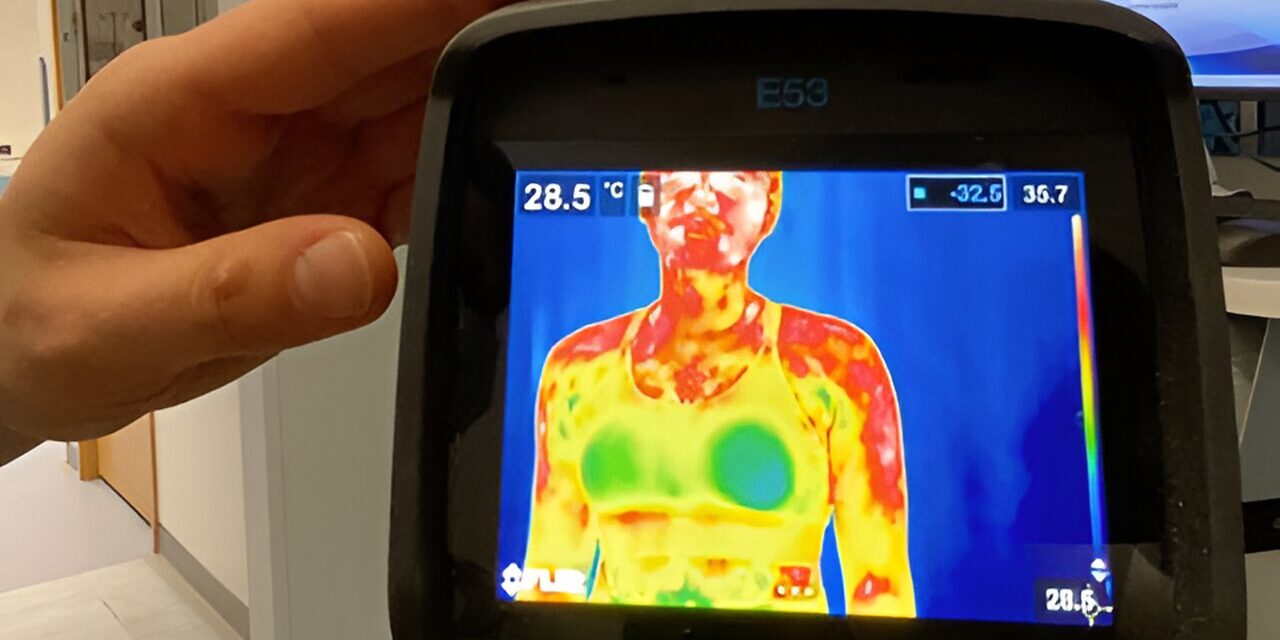April 1, 2025 – While overall breast cancer mortality has significantly declined since 1990, progress has stalled for certain demographics, according to a new study published in the Journal of Breast Imaging. The study reveals that while women aged 40 to 74 have seen consistent decreases in breast cancer deaths, younger women (20 to 39) and older women (75 and above) have not experienced the same positive trend.
Furthermore, the study indicates that breast cancer death rates have plateaued for Native American, Hispanic, and Asian women. Though rates have continued to decrease for both Black and White women, a significant disparity remains, with Black women facing a 39% higher mortality rate than White women.
Experts attribute these concerning trends to several factors:
- Rising Breast Cancer Rates in Young Adults: Researchers have observed an increase in breast cancer diagnoses among younger adults, potentially linked to rising obesity rates, sedentary lifestyles, and alcohol consumption. The lack of routine screening for individuals under 40 may also contribute to delayed diagnoses.
- Decreased Awareness and Self-Examination: Changes in breast cancer screening guidelines, particularly the shift away from routine self-exams and clinical breast exams, may have led to reduced awareness and delayed detection of early signs.
- Triple-Negative Breast Cancer: This aggressive subtype of breast cancer disproportionately affects younger women and Black women, contributing to higher mortality rates in these groups. Recent research also indicates a rise in triple-negative breast cancer among older Black, Hispanic, and Asian or Pacific Islander women.
- Barriers to Accessing Care: Lack of health insurance, discrimination, mistrust in the medical system, and language barriers can impede access to timely screening and treatment, leading to later-stage diagnoses and poorer outcomes.
- Screening Practices for Older Women: The U.S. Preventive Services Task Force (USPSTF) recommends mammograms for women aged 40 to 74. This guideline may lead to some healthcare providers not recommending screening for women over 74, even when it might be beneficial for healthy individuals.
Experts emphasize the importance of early detection and advocate for:
- Knowing your risk factors, including family history.
- Adhering to recommended screening guidelines.
- Consulting with your doctor about personalized screening plans, especially for women over 74.
- Being aware of breast changes and seeking medical attention promptly.
- Finding healthcare providers who provide respectful and attentive care.
- Maintaining a healthy lifestyle, including limiting alcohol consumption and engaging in regular exercise.
“Knowledge is power,” said Dr. Naomi Ko, an associate professor of medicine at Boston University. “Know your history – genetic history, cancer history, personal family history – and risk factors.”
Disclaimer: This news article is for informational purposes only and does not constitute medical advice. Individuals should consult with their healthcare providers for personalized guidance on breast cancer screening and risk assessment. The information provided is based on the provided source material and should not be interpreted as definitive medical recommendations. Medical research and guidelines are subject to change.(https://www.webmd.com/breast-cancer/news/20250401/your-breast-cancer-risk-may-have-just-changed-what-to-know)












